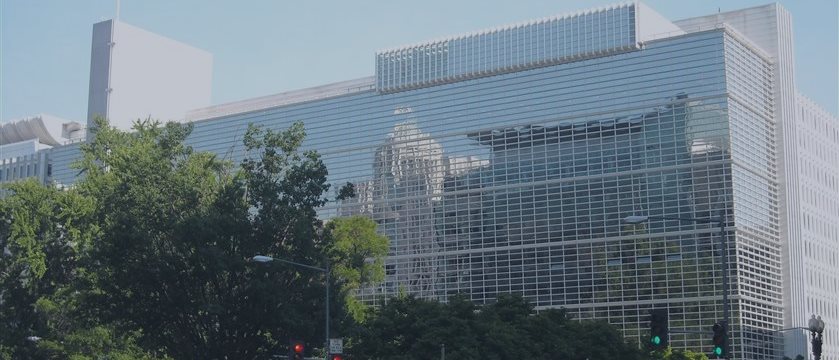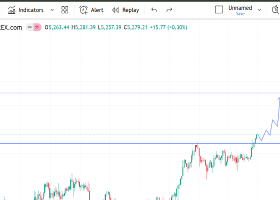
According to the World Bank, economic growth of developing markets in the East Asia-Pacific area
is likely to improve in 2015 in most countries, but as a whole, it will slow due to a drag exerted by China.
A rapid fall in oil prices and a rising U.S. dollar hampered growth in the region, as they have created conditions that have benefited some countries at a cost to others.
"Low fuel prices will benefit developing East Asia Pacific as a whole, but their impact will vary across countries," the World Bank said in a report released Monday. It expects economies that rely on oil imports or fuel subsidies such as Indonesia, Thailand and the Philippines, to gain significantly from the falling price of oil, which it said could remain up to 45% lower in 2015 and may rise "only modestly" in 2017.
In 2015, China's pace of
growth will slow to 7.1% from 7.4% a year earlier, the World
Bank said.
Growth in the developing markets of the East Asia-Pacific region, including China, Indonesia and the Philippines, will slow to 6.7% this year from 6.9% in 2014, it said. Growth in the region as a whole - including developed markets like South Korea and Singapore - will remain flat at 6%.
In the upcoming years, the World Bank expects China's economy to slow even further, falling as low as 6.9% in 2017 due to policy efforts to address financial fragility and achieve sustainable growth.
The institution warns that growth in the East Asia-Pacific region could be threatened by factors both within and outside its borders, such as a slowdown in trade from the eurozone or Japan.
"Higher U.S. interest rates and an appreciating U.S. dollar, associated with monetary policy divergence across the advanced economies, may raise borrowing costs, generate financial volatility, and reduce capital inflows more sharply than anticipated," the World Bank said.
Plunging oil provides a "unique opportunity" for many countries in the region to lower fuel subsidies and raise energy taxes, while Southeast Asian nations should focus on delivering on commitments to liberalize and integrate their service markets.


